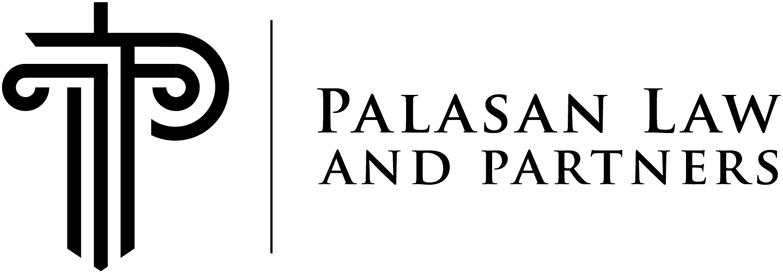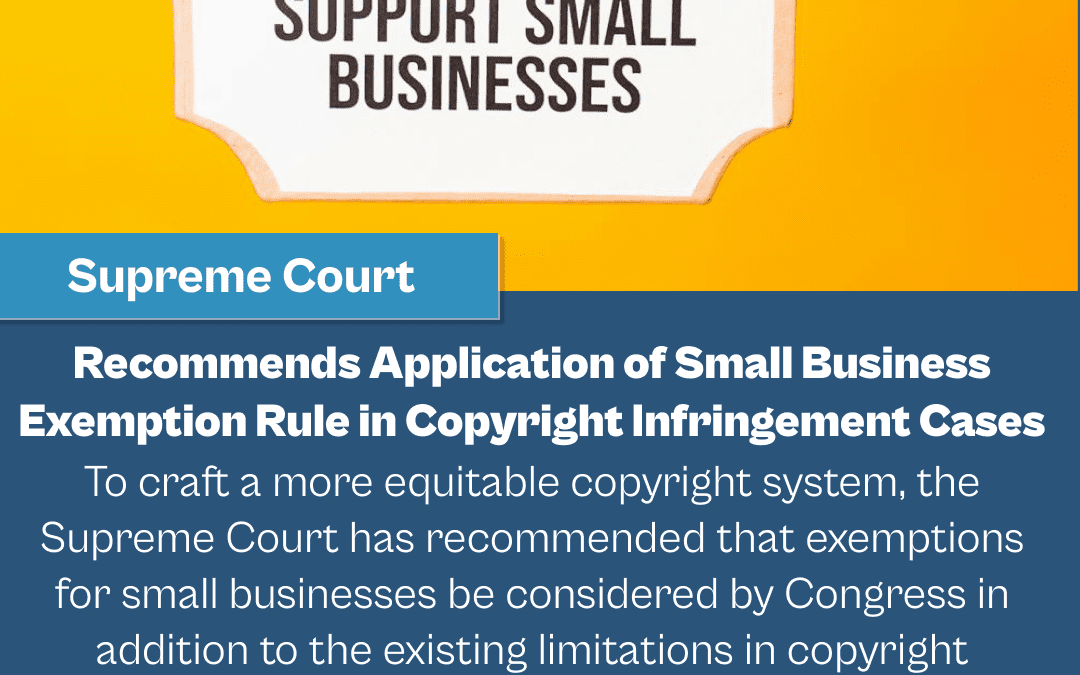To craft a more equitable copyright system, the Supreme Court has recommended that exemptions for small businesses be considered by Congress in addition to the existing limitations in copyright infringement cases under the Intellectual Property Code of the Philippines (IP Code).
This was part of the ruling laid down by the Supreme Court’s Third Division in a Decision penned by Associate Justice Maria Filomena D. Singh, denying the petition for review on certiorari filed by Icebergs Food Concepts, Inc. (Icebergs) and Allan John T. Young (Young). The petition challenged the rulings of the Court of Appeals (CA) which had affirmed the Regional Trial Court’s (RTC) Decision finding Icebergs liable for copyright infringement.
Icebergs operates several branches of restaurants in the Philippines. In 2014, a complaint for copyright infringement was filed before the RTC against Icebergs and Young, its President and General Supervisor, by the Filipino Society of Composers, Authors, and Publishers, Inc. (FILSCAP), a non-stock, non-profit association of composers authorized to acquire, administer, license, and enforce the public performance rights over copyrighted musical works or compositions of its members and affiliate foreign societies.
FILSCAP, as a government-accredited Collective Management Organization, has the right to collect royalties and license fees for the public performance of local or foreign copyrighted musical works.
FILSCAP claimed that Icebergs’ continuous and regular unauthorized public performances, through the playing of radios in its restaurants, of FILSCAP’s musical works constituted copyright infringement under the IP Code.
The RTC found Icebergs guilty of copyright infringement. This ruling was affirmed by the CA, prompting the present petition.
The Court, applying its 2022 ruling in FILSCAP v. Asprey, reiterated that the act of playing radio broadcasts containing copyrighted music through the use of loudspeakers amounted to public performance, a right that belongs to the copyright holder.
Thus, Icebergs’ act of playing copyrighted music, albeit through a radio, in its restaurants amounted to a public performance of the said copyrighted music, constituting copyright infringement, and making Icebergs liable to FILSCAP for damages.
Nevertheless, the Court noted how it should not ignore the far-reaching consequences that the ruling in this case may have on small businesses if no distinction is made between the big businesses, such as the Icebergs restaurants, and the small businesses, such as small eateries, canteens, carinderias, food carts, and the like.
“If the Court makes a sweeping ruling that all those in the position of Icebergs are copyright infringers, there would be a ripple effect such that all businesses, including small ones, where it could hardly be said that ambience is a consideration for customers, which play music through radios, would also be subject to suit for copyright infringement,” held the Court.
The Court, however, noted that there currently exists no exemption for small businesses in the IP Code. “To continue ignoring this gap in our law would be tantamount to sanctioning the expansion of the scope of copyright, in violation of its core objective of achieving the common good,” stressed the Court.
It added that the Congress’ attention should thus be drawn to this “deficiency and, in the meantime, the Court, in applying the law on intellectual property, must strike a careful balance between the rights of the owners to be compensated for the use of their works and the right of the public to enjoy these creations.”
The Court further recommended that the “three-step test” proposed by Associate Justice Alfredo Benjamin S. Caguioa in his Concurring Opinion be considered by Congress. The test provides three conditions to the limitations and exceptions of a copyright holder’s rights, establishing the legal parameters for reproducing the work.
Under the three-step test, the exemptions to the copyright holders’ rights must: (1) cover only certain special cases; (2) not conflict with the normal exploitation of the work; and (3) not unreasonably prejudice the legitimate interest of the copyright holder.
The proposed small business exemption pertains to smaller commercial establishments that are unlikely to significantly impact the market for copyrighted work, and thus, must concentrate on the establishment’s size, type, usage, and the manner in which the music is transmitted (i.e., the use of a single receiving apparatus of a kind commonly used in private homes and physical arrangement of the sound system.)
“Ultimately, the objective of the three-step test is to ensure that the right of the copyright holders is protected, and, at the same time, the right of small businesses to use their creations in accordance with the limitations set forth in the three-step test,” stressed the Court.
The Court concluded by suggesting that Congress, in its bid to fill the gap in our current copyright laws, should consider the three-step test in order to “craft a more equitable copyright system that caters to the unique challenges faced by small Filipino businesses—and indeed our society in general—without undermining the rights of copyright holders.” (Courtesy of the Supreme Court Public Information Office)
FULL TEXT of G.R. No. 256091 (Icebergs Food Concepts, Inc. v. FILSCAP, April 12, 2023) at: https://sc.judiciary.gov.ph/256091-icebergs-food-concepts-inc-and-allan-john-t-young-vs-filipino-society-of-composes-authors-and-publishers-inc/
Full text of the Concurring Opinion of Associate Justice Alfredo Benjamin S. Caguioa at: https://sc.judiciary.gov.ph/256091-concurring-opinion-justice-alfredo-benjamin-s-caguioa/

